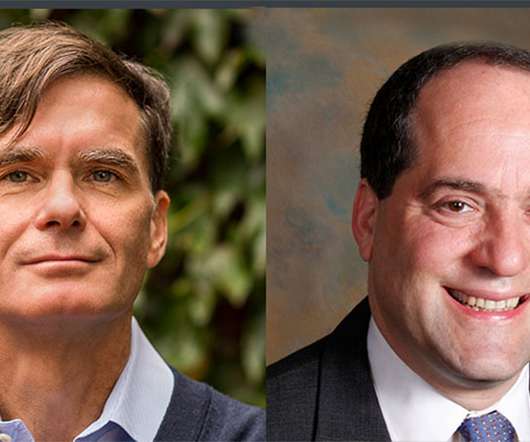5 Business Ideas for an Enterprising NP
Minority Nurse
NOVEMBER 14, 2024
These types of patients might request home infusions of vitamins and minerals, immunoglobulins, or perhaps IV fluids for hydration or even getting over a hangover. Idea #5: Gerontology Consultant As the society continues to see the rapid population growth of Americans over 65, the need for NPs specializing in geriatrics will expand.





















Let's personalize your content